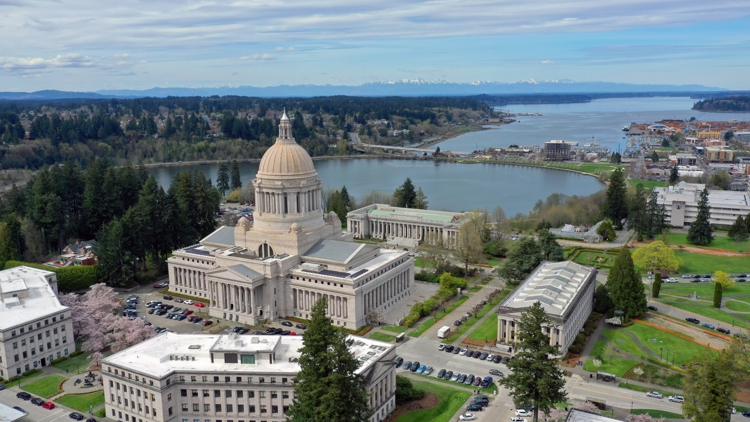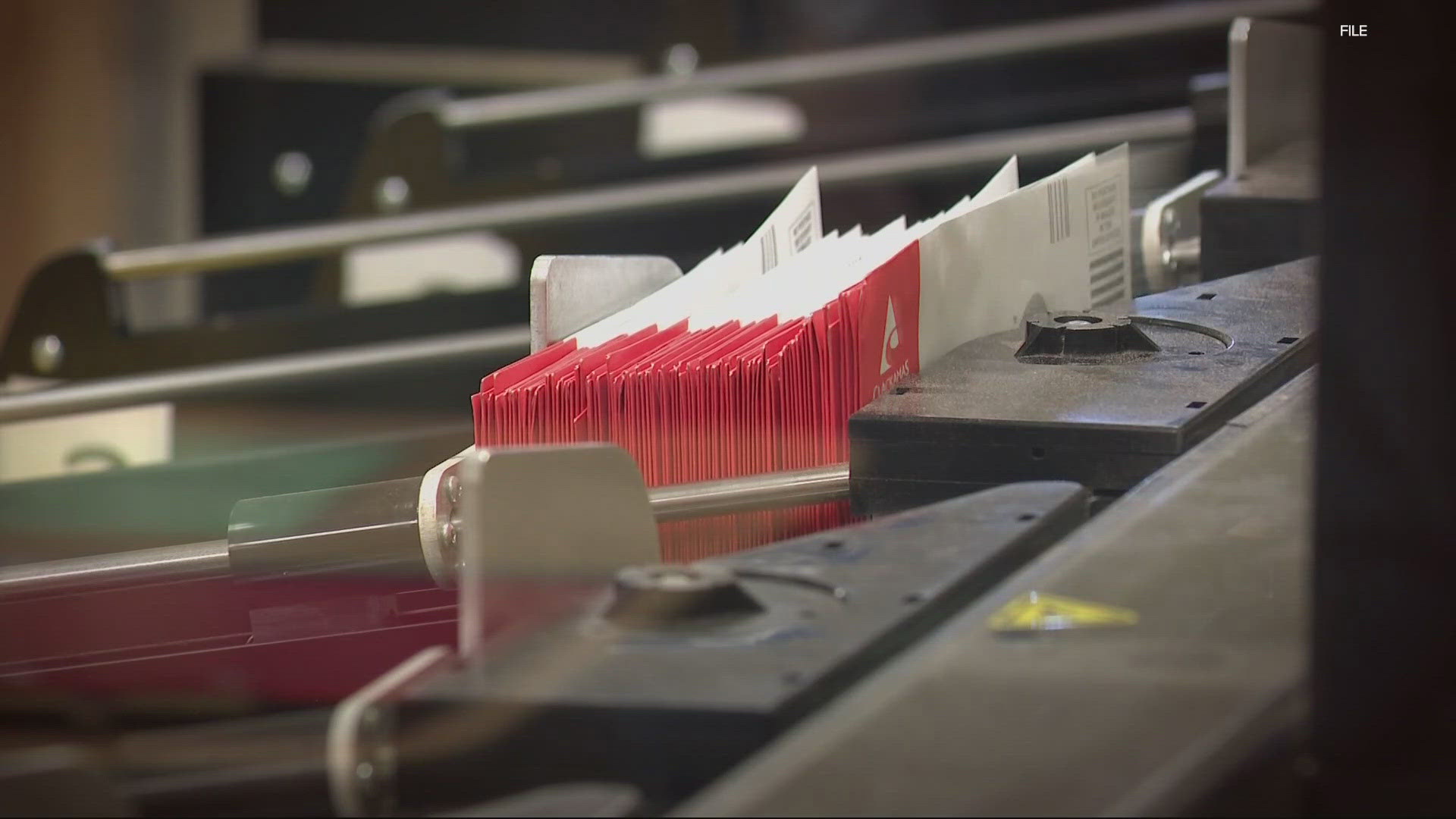OLYMPIA, Wash. — Washington state has officially fully launched and expanded its Migrant and Asylum-Seeker Support Project, better known as MASS, statewide. The project soft-launched in only certain counties on Oct. 1, but took full effect Nov. 1.
MASS comes as a result of the Washington state legislature passing House Bill 2368 during its 2024 session, created to help expand the legal authority of the Department of Social and Health Services’ Office of Refugee and Immigrant Assistance in supporting the basic needs of asylum-seekers.
The Office of Refugee and Immigrant Assistance, also known as ORIA, received $25 million in funding to provide support services for people recently arrived in the United States and Washington that are ineligible for federal refugee services.
The funding ORIA received from the legislature helped the office established the MASS pilot project, designed to provide short-term, basic-needs services until June 30, 2025 to those ineligible for federal refugee services.
The project has already started serving applicants after its soft-launch in October across Washington's King and Pierce counties. Full, statewide eligibility screening for participant households started Nov. 1, which also includes connecting participants to virtual services.
ORIA is using the hub-and-spoke model, state officials said, a distribution method that utilizes a central organization, the International Rescue Committee (IRC) that will work as the Newcomer Reception and Navigation Hub. The IRC will act as the main point of contact for participants that are eligible, conducting initial intake and eligibility screenings.
The IRC will also be connecting people to one or more of the 23 contracted spoke organizations, offering essential short-term assistance which includes housing support, immigration-related legal services and culturally responsive case management. Participants are also connected to medical, education and job-training resources that are available within the community.
Sarah Peterson, director of ORIA, believes this approach will build a more viable system of support while empowering migrants and asylum seekers to succeed.
“This collective approach will help us build a more sustainable system of support for migrants and asylum seekers, helping to welcome them and empowering them to thrive in our communities in Washington,” Peterson said.
Peterson added that ORIA was well aware ahead of launching MASS that demand for housing and services would outpace availability.
“Our priority is to ensure as many people have access to as many services as they are eligible for so we are working applications and referrals as quickly and comprehensively as possible,” added Peterson, noting that the hub already has a screening wait list in the short time since it launched.
ORIA is also working with partners across Washington to form a "Washington Coalition for Welcoming Newcomers" in early November. This will help stakeholders and partners to remain informed on MASS' progress while ensuring communication between hub-and-spoke partners and helping to expand the reach of resources and welcome.
Anyone looking for more information or to access these services can click the link here.



